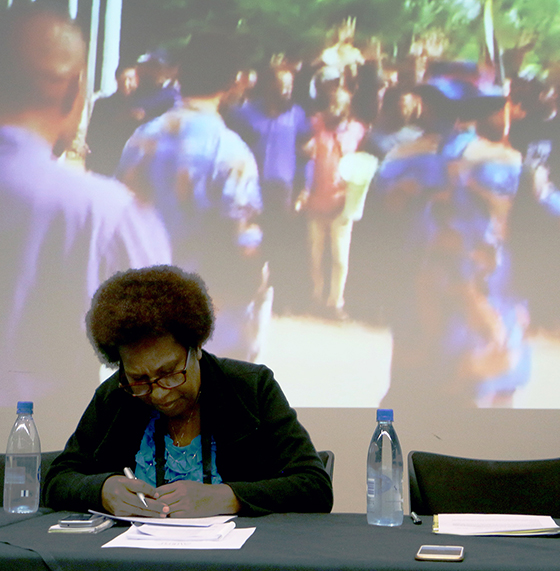 |
| Time magazine and Singapore Sunday Times reports on Philippines 'killing fields'. Image: David Robie |
By DAVID ROBIE in Manila
MOUNTING calls for the Philippines president to be investigated over the allegations of human rights violations deepened over the weekend with revelations by a confessed hit man that at least 1000 extrajudicial killings had been ordered when the president was mayor of the southern city of Davao.
Fresh reports featuring the allegations were included in a cover story in the latest Time magazine, the Singapore Sunday Times and a new inquiry by the Philippine Center for Investigative Journalism into the so-called “Davao Death Squad”.
It is only 80 days since President Rodrigo Duterte was sworn into office, and the PCIJ reports that he now “commands an armed contingent that is a hundred times bigger than it was in Davao, and his ‘enemy’ a thousand times more numerous”.
More than 3000 people have reportedly been killed so far in the so-called Project Tokhang – or “Double barrel” - war on drugs. The president has also called for a six-month extension on his policy, claiming that the drugs business is largely "operated by people in government".
Time magazine branded its report the “killing season” in the Philippines with a subheading of “Inside President Rodrigo Duterte’s war on drugs”.










